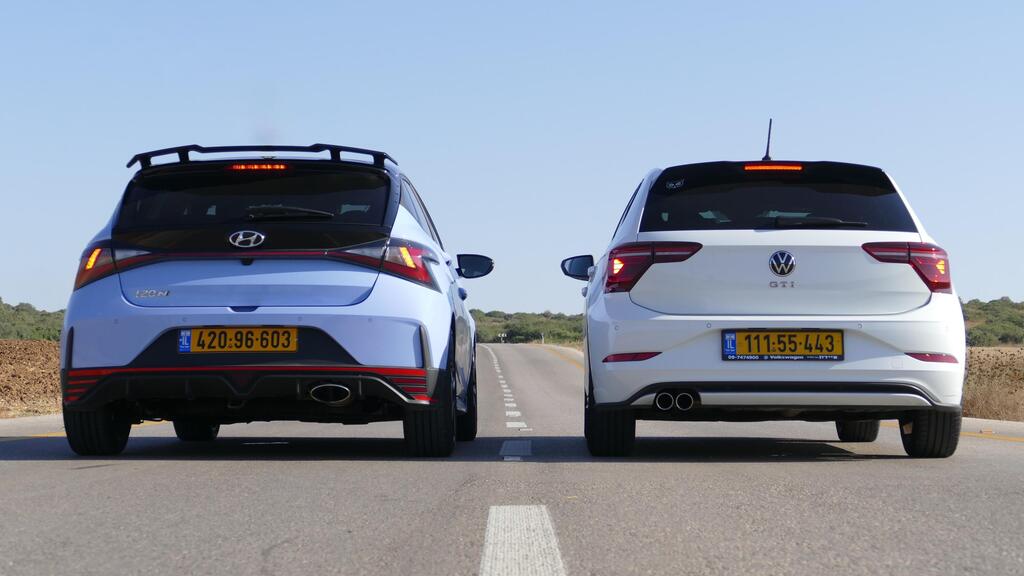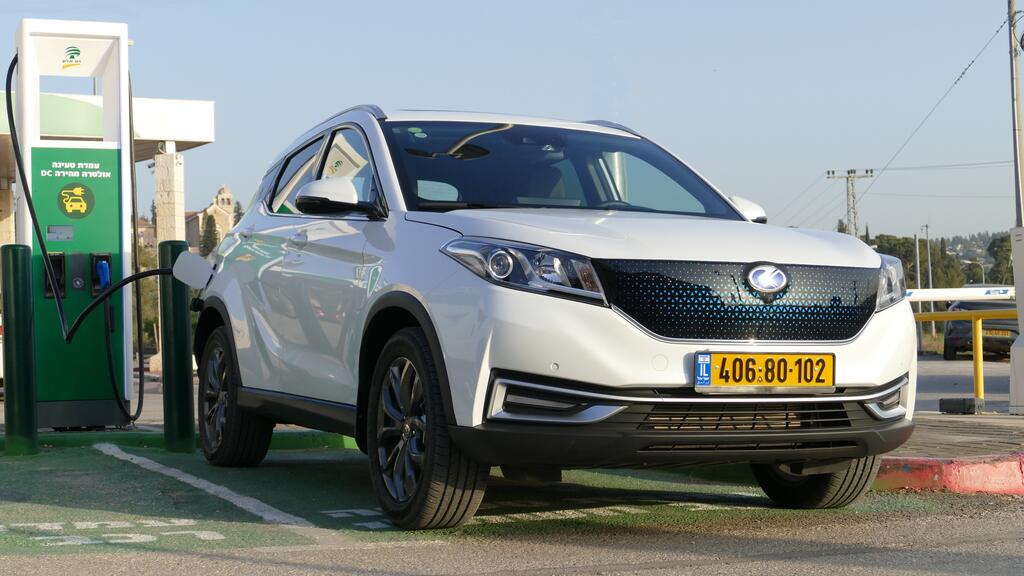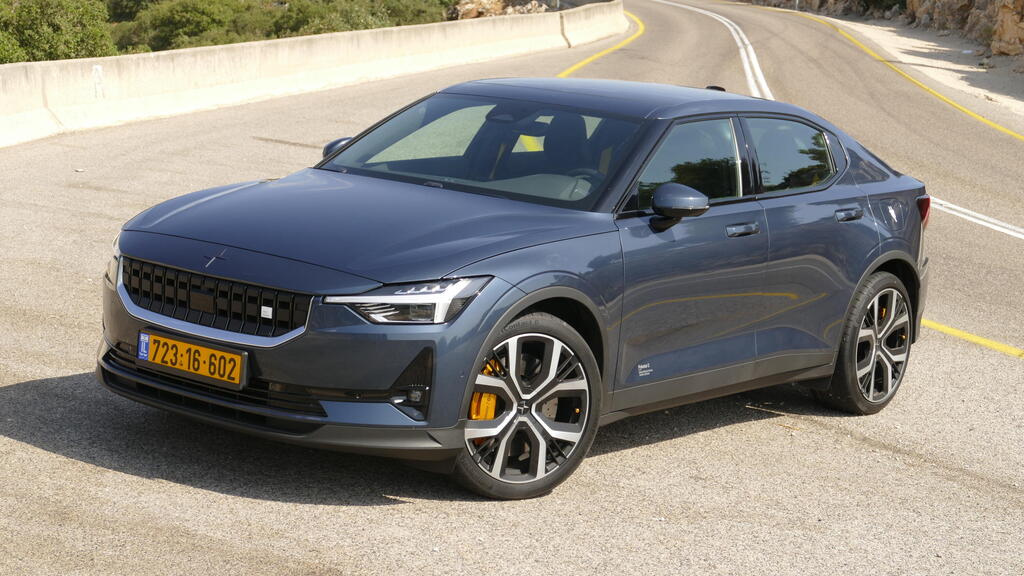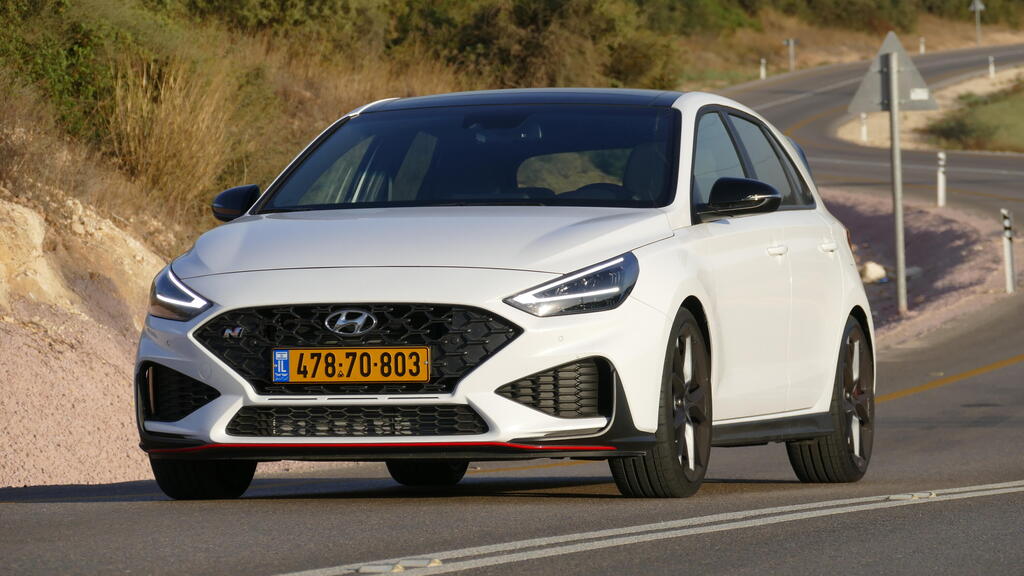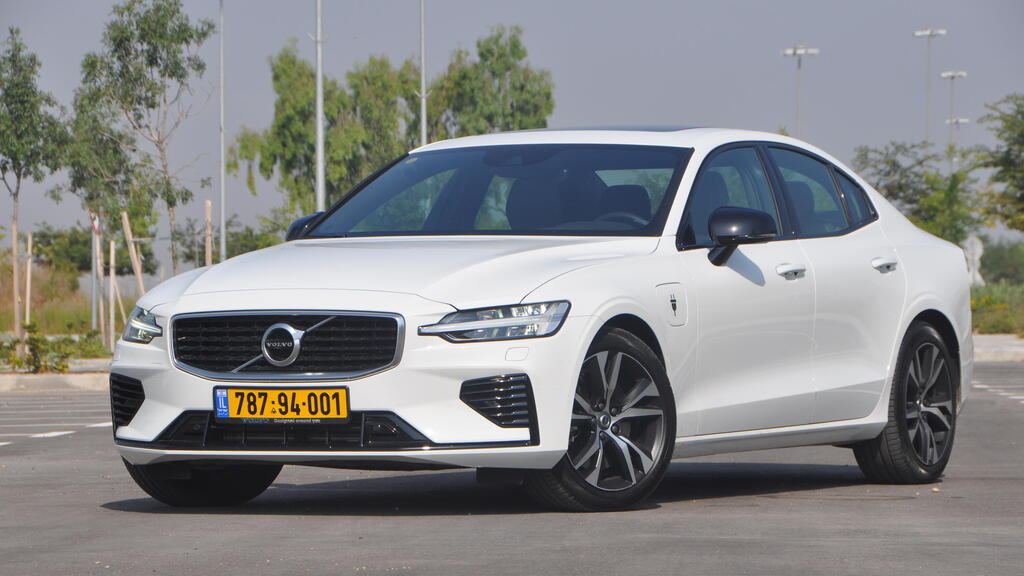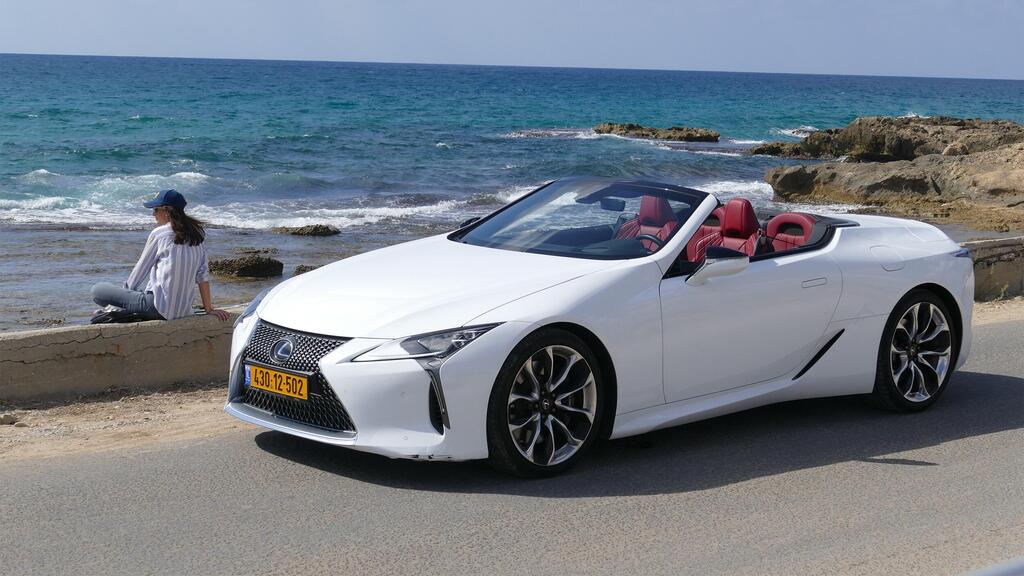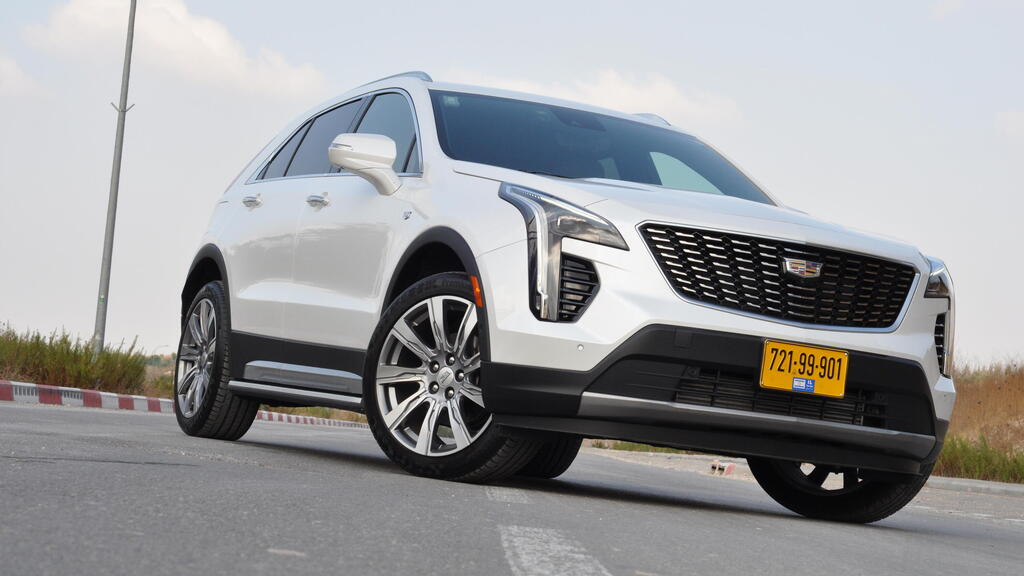When a new car arrives in Israel, it's typically accompanied by a publicity campaign. Naturally, when it leaves the local market, the departure is much quieter. Below you'll find a wide range of models, all of which were sold in Israel until 2024 and have since left the market for various reasons. Some may return in the future, but others will remain available only in the second-hand market.
Volkswagen Polo: The long-standing supermini has been present in Israel for many decades and enjoyed decent success despite its relatively high price. However, its production line recently moved from Europe to South Africa, a shift that increases shipping costs and imposes a 7% customs duty — making its marketing in the country unprofitable.
The last four units of the sporty GTI version were registered in May, and no small cars have been available in Volkswagen's showrooms since.
Seres 3: The electric car from the Chinese brand Seres, imported by Kia's Israeli distributor Telecar, arrived in Israel three years ago. Initially, it was approved under a limited production certification, and later gained full certification.
It belonged to the first generation of Chinese electric vehicles, lacked advanced capabilities, and didn't offer active safety systems, yet it still managed to sell nearly 2,000 units.
About a year ago, it was joined by its modern sister, the Seres 5, and in recent months, the Seres 3 has vacated its spot in the showroom. The last 79 units were registered in April.
Polestar 2: Volvo-Geely's electric car brand introduced its first model in Israel two years ago, based on the Volvo XC40 platform and offering a structure that was part family car, part SUV.
Despite high-quality features in many areas, it didn’t see the success of other electric vehicles, and the importer had to sell a large portion of the stock at significant discounts.
You can still find Polestar 2 models in the importer’s trade-in section today, where they're sold as brand-new second-hand vehicles with heavy discounts. The last 46 units were registered in March.
Hyundai i20N and i30N: Hyundai's sports models made a second attempt at entering the Israeli market last summer, after the i30N was previously briefly on sale at the end of the last decade without success.
The current response in the country was also lukewarm — partly because the smaller i20N was only available with a manual transmission, while the i30N family car had switched to an automatic transmission but sold at relatively high prices.
The brand's sports lineup is expected to get a boost with the arrival of the impressive Ioniq 5N, but with a NIS 400,000 price tag, it's unlikely to become a hit.
Volvo S60: There were times when Volvo's large family car was among the best-selling models in its category, with 400-500 units hitting the roads annually. However, its category has been overtaken by electric models, primarily the Tesla Model 3, and the aging S60 — as well as its stylish station wagon version, the Volvo V60 that saw sales plummet to double-digit figures, leading to their discontinuation.
They're expected to return when the manufacturer offers an electric option, but it's unclear when this will happen.
Lexus LC: The beautiful Lexus sports car, with its magnificent V8 engine, is likely to become a unique collector's item over time, especially since production has been halted until the next generation, which was announced to be electric.
Meanwhile, there's one last unit available for purchase at a price approaching one million shekels — when it's sold, it will be the only 2024-registered model in Israel.
Cadillac XT4 and XT5: These two SUVs were never a natural fit for the American manufacturer's lineup, which specializes in much larger vehicles. Even the compact XT4, which was competitively priced, never achieved commercial success in the country.
This year, the two models sold fewer than 30 units combined — less than the sales of the significantly larger and more expensive XT6. They may return to the local market next year, but for now, they're absent from showrooms.
In addition to cars that stopped being sold due to low demand, another group of much more popular vehicles left Israel for a completely different reason — Turkish President Recep Tayyip Erdogan's anti-Israel stance. This list includes the Hyundai i10, i20, and Bayon, as well as the Toyota Corolla, Renault Clio, and Renault Grand Coupe.
All are expected to return to the local market when the Turkish president changes his position or when an alternative import solution is found. The Clio is expected to return in an updated version following a facelift that has already been unveiled worldwide.


